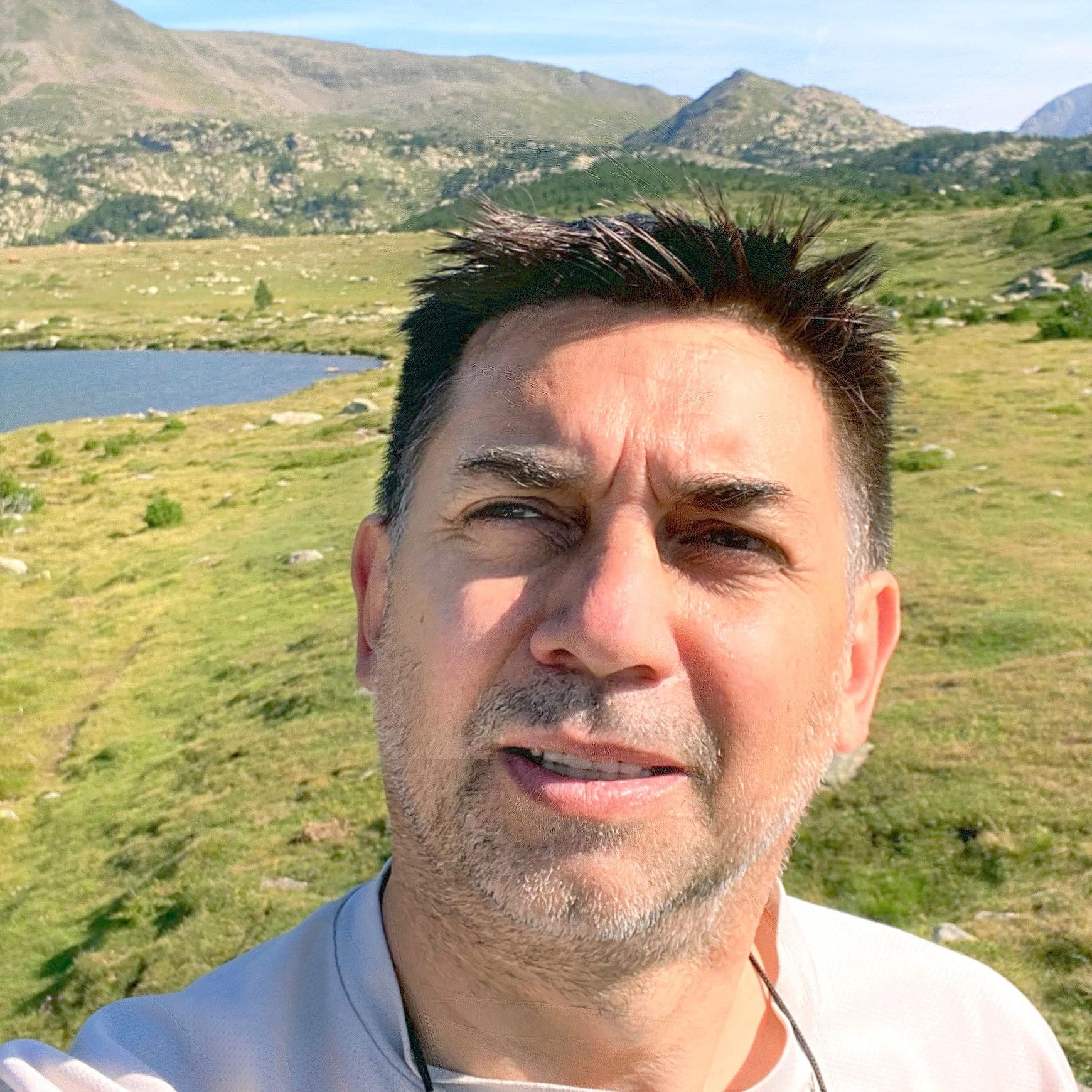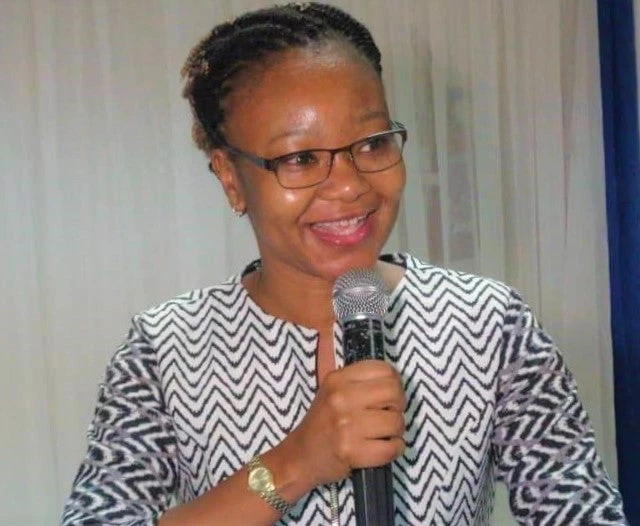 A map showing all the transboundary aquifers in the Sahel region. Map Credit: World Bank/Cartography Unit
A map showing all the transboundary aquifers in the Sahel region. Map Credit: World Bank/Cartography Unit
In the deserts and dryland communities of the Sahel region, the scarcity of water resources threatens livelihoods, agriculture, and even industries. And due to the limited number of rivers and lakes to draw water from, groundwater is the region’s main source of water. Therefore, increasing the sustainable development of more groundwater, the water that is present beneath the Earth’s surface in rock and soil pore spaces, will be key to provide water security and socioeconomic benefits to this region that is home to more than 135 million people.
The Cooperation in International Waters in Africa (CIWA)-funded Sahel Groundwater Initiative, a technical assistance program that aims to strengthen groundwater knowledge and management capacity in the Western Sahel region, focuses on three outcomes:
- Provide solutions to remove the constraints on the use of groundwater for small-scale and farmer-led irrigation
- Review groundwater assessment and exploration with a focus on fragility, conflict, and violence-affected areas
- Facilitate regional cooperation on groundwater expertise development
Here, in this Question and Answer (Q&A) interview, team leaders François Bertone and Mariam Sou discuss the key components of this robust initiative.
Here we are at the second-year mark of the Sahel Groundwater Initiative. How is the initiative progressing? How has the COVID-19 pandemic travel restrictions affected (or not affected) your work?
The initiative has made a good amount of progress in the first year. We’ve managed to identify the main barriers to groundwater use for farmer-led irrigation and refine groundwater exploration and management needs. Our experts are also working with regional universities to design targeted programs that develop and train the next generation of experts in groundwater science and implement effective strategies to make sure these experts stay in the region. At this second-year mark, the initiative features many dynamic areas.
We continue to cultivate great working relationships with all our Sahel-based stakeholders, partners, and other professionals such as gender experts, ecologists, and groundwater specialists. Although we still cannot meet in person due to the COVID-19-imposed travel restrictions, we’ve managed to keep up the momentum and even managed to collect and analyze a lot of information. To date, even though we haven’t advanced as much as we had wished, the quality of our work and findings have not been impacted at all!
I understand the preliminary findings identify and aim to resolve barriers to gender equality. What does this involve?
As part of our inclusive approach to apply gender principles as defined in the design phase, our team worked on ensuring that gender inclusion will be mainstreamed in all technical exchange areas, such as identifying ways to develop groundwater-based irrigation that is more accessible to women. This is especially important as more than 50% of farmers are female, and in the Sahel, the only available water resource is groundwater in most places. To read more about how the initiative is taking the lead in developing more female hydrogeologists in the Sahel, read CIWA’s recent blog on this topic.
Tell us about how this initiative touches on the protection of regional biodiversity – the use/interplay of groundwater by ecosystems, microorganisms, animals, and plants?
Aquifer systems, groups of geological formations made up of permeable terrains that contain underground water in hydraulic continuity, are more and more recognized and prized for their ecological value. For instance, groundwater-dependent ecosystem ‘goods’ (the production of fish) and ‘services’ (water storage and purification) are the conditions and processes through which biotopes (natural environments) and biocenosis (flora and fauna in these natural environments) help fulfill and sustain human life. In the Sahel, these same ecosystems also play a key role in climate change mitigation through ecological processes such as flood control and reducing desertification processes associated with droughts.
In these ecosystems, the survival of some species depends entirely on groundwater. Thereby, the overexploitation or mismanagement of groundwater can threaten the survival of an entire ecosystem. In the arid and semi-arid areas of the Sahel, the quantification and evaluation of groundwater resources often underestimate, and sometimes, does not include at all the use of these underground waters by dependent micro-organisms, animals, plants, and associated substrates, whose functions rely on the presence of groundwater.
Our initiative proposed the first typology of groundwater-dependent ecosystems applicable for the Sahel. Our experts are working on highlighting the economic importance of these ecosystems and identifying how groundwater resource management that considers dependent ecosystems can best contribute to equitable and sustainable development.
How do urban development and climate change create more challenges in retaining groundwater quality? How does your work address and provide solutions to these areas?
Economic development projects all throughout Sub-Saharan Africa often come with potential adverse impacts on groundwater resources. This includes soil sealing that reduces aquifer recharge or contamination of shallow groundwater caused by industrial and urban expansion. All these adverse impacts are exacerbated by the effects of climate change. The Intergovernmental Panel on Climate Change (IPCC) has noted that there will be fluctuating rainfall events in the Sahel region in the form of heavier rainfall patterns under a narrowing window of concentrated wet weather, which will result in modified groundwater recharge, more frequent flood events, and increased (ground)water contamination. We do not want to paint such a grim picture, but groundwater contamination in urban areas is now a global public health issue, along with the COVID-19 pandemic, Ebola or Cholera – all which devastate the poorest populations. The work we are conducting helps us better identify and address these critical areas with regard to the One Health approach.
In collaboration with the Cotonou, Benin-based National Institute of Water, an African Center of Excellence that works on groundwater research, we are conducting a pilot study in two Sahelian cities: Bamako, Mali and Bobo-Diolasso, Burkina Faso. The studies involve, in particular, establishing a baseline for the quality of groundwater beneath these two pilot cities. We will use these studies’ results to guide future program activities on groundwater quality management in the Sahelian cities.
Indeed, all these analytical and technical exchange activities continue to help identify gaps and measures to address them – all which restore the importance of groundwater and render this essential invisible resource more visible.




Join the Conversation